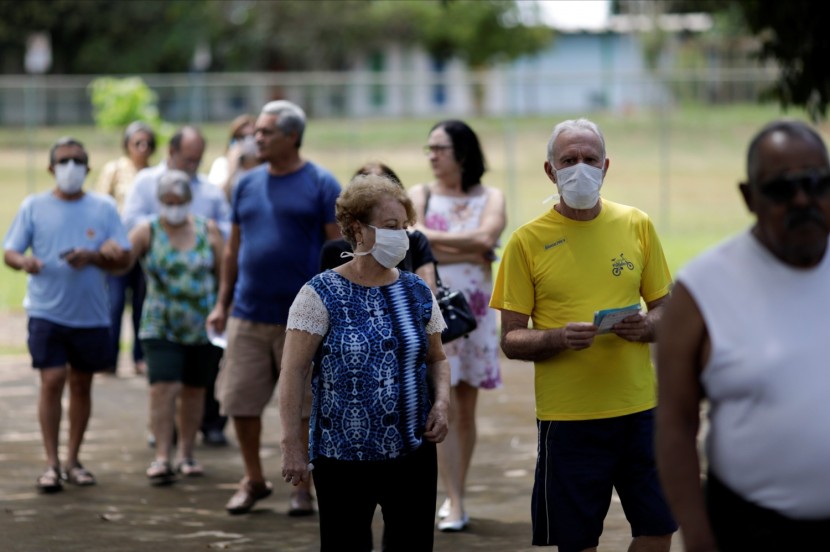
As the cases of coronavirus continue to grow, more people become susceptible to the virus. Since COVID-19 is a new disease, there is very limited information regarding the risk factors associated with it.
However based on the currently available information and according to experts people of the older age demographic are more susceptible to the disease. Moreover, people who have underlying medical conditions also have higher risks of contracting the disease.
People who have undergone organ transplants; have cancer or are undergoing chemotherapy; those with severe respiratory conditions including but not limited to cystic fibrosis, asthma and COPD; and people who are undergoing immunosuppression therapies are also considered part of the high-risk groups.
Read also : Are Bats to Blame for Coronavirus?
Based on previous data, people who are in the high-risk groups exhibit more severe symptoms and are more likely to succumb to the disease. Thus, the Centers for Disease Control and Prevention has released information on how to prevent getting sick.
1. Reduce your own risk of infection.
People who belong to high-risk groups, may it be because of their age or their health status need to take extra effort and action to reduce their own risk of infection. The CDC recommended that high-risk people should stay at home, thus there is a need to stock on food. They are also advised to keep a reasonable distance from others, limit their contact in public and regularly wash their hands. Moreover, they are also advised to avoid non-essential travel in order to reduce their risk of exposure to the virus.
Furthermore, they are also advised to contact their healthcare provider and have extra stocks of necessary medications if they have underlying conditions of if they are taking maintenance drugs, especially in the case of a community outbreak.
It is also advisable to keep over-the-counter medicine in order to tend to emergency situations. To avoid having to go out for groceries, it is also advisable to have enough household items and food on stock.
2. Take everyday precautions
Everyday preventive actions are necessary for staying safe amid the outbreak, especially to people who belong in the high-risk demographic.
Small things such as making it a habit to wash your hands with soap and water for at least 20 seconds can help in reducing your risk of infection and preventing the disease from sticking to you. Proper handwashing is especially advised after blowing the nose, coughing, or sneezing.
If you have been out from a public place, it is advisable if you wash your hands before touching anything at home, it is also better if you take a bath and change your clothes immediately.
It is also essential that your home is clean. It is best to disinfect the places that are often touched like doorknobs, switches, and faucets.
3. Watch out for emergency warning signs and symptoms.
If you belong to the demographic of high-risk people, make sure that you always pay attention to potential symptoms of COVID-19. Once a person develops a fever, experiences coughing and shortness of breath., he or she must immediately seek medical attention in order for immediate action to be taken and to prevent him or her from further spreading the virus.








